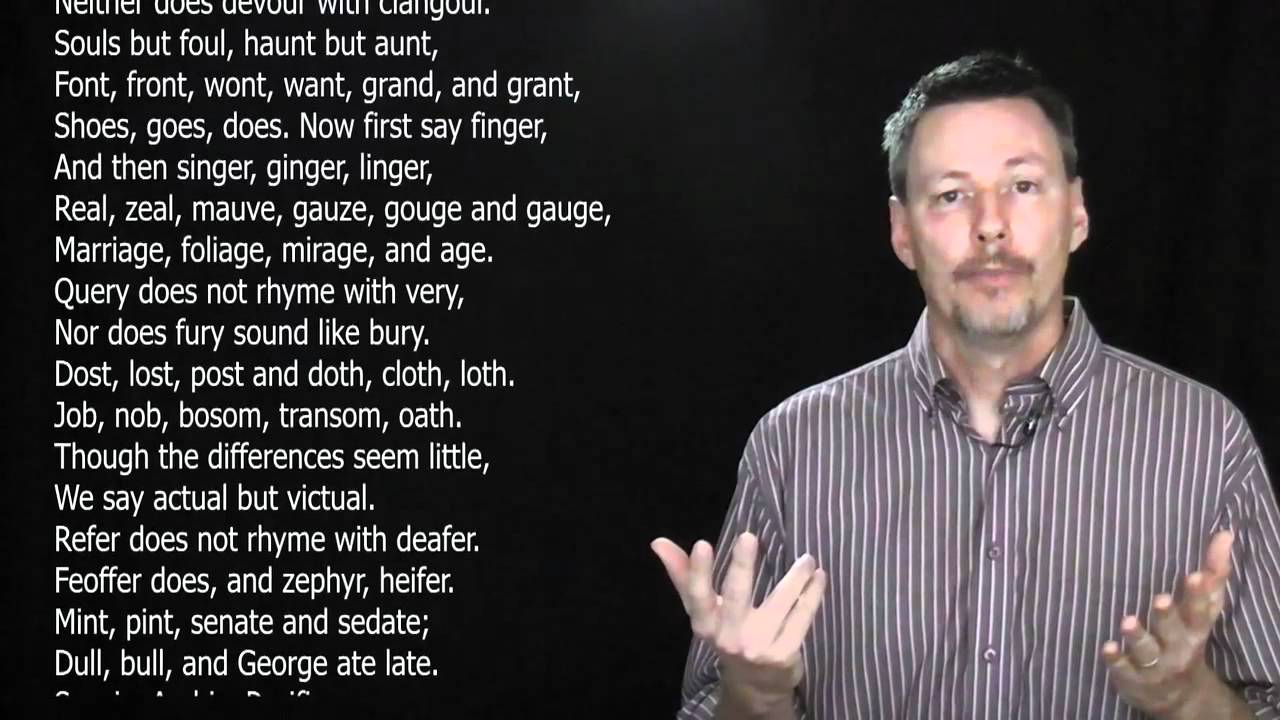Okay, there you go my advice for you to improve you pronunciation of all words in general, it’s a very powerful exercise if you do it properly.
First of all, that an audio about something you really like to listen about, preferably a podcast, avoid recorded stuff from actors, try to find something from native speakers, the talk must be natural and not so long either, max 5~30 min will be enough, also you must be able to understand at least 90% what you’re listening, if you can’t that high enough, try to find something easier, it MUST be easy to understand and, once again, it must be something that you really enjoy because you’ll need to listen to it a lot of times per day,
Secondly, listing to the audio with all your attention to the pronunciation of the ENTIRE PHRASE, not just a single word, listen to the entire audio entirely at least 30 times, use a text if you feel trouble understanding what you’re listening, you don’t need to listen to it 30 times straightly, you can divide it during the day like listen 5 times during the breakfast, then more 5 times during the lunch, then more 5 times during the break, ect…
After listening to the audio at least 30 times, you’ll do it again, but this time, you’ll do something different. You’ll listen to 1 phrase, paying a lot of attention to the pronunciation, then REPEAT IT OUT LOUD, trying to mimic the pronunciation of the audio. Do it at least 30~100 times, so you will be able to master it.
Try it out for a week or two and you’ll feel a enormous difference in your pronunciation and listening.
